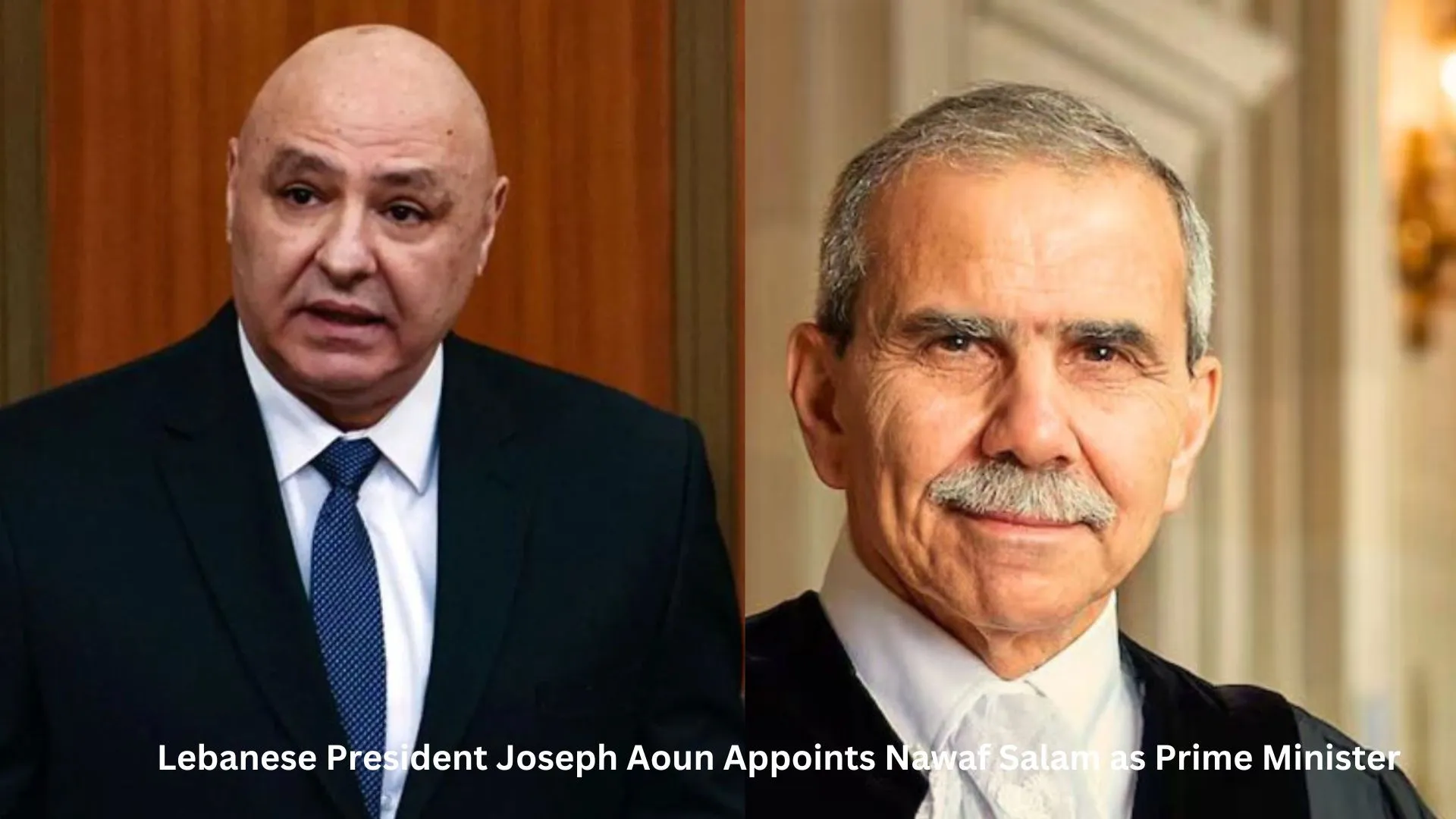Lebanese President Joseph Aoun appointed Nawaf Salam, the presiding judge at the International Court of Justice, as Lebanon’s new prime minister on Monday. This decision came after discussions with lawmakers. The presidency confirmed that Salam would return on Tuesday to begin forming a government.
Majority Support for Salam
A majority of Lebanese lawmakers supported Salam. Seventy-eight out of 128 members endorsed him for prime minister. Only nine backed the current prime minister, Najib Mikati, who has been serving in a caretaker role. Salam’s broad support signals a shift, as many see him as impartial and capable of leading reforms.
New Hope for Lebanon
The appointment of Salam follows a two-year political vacuum. Last week, President Aoun’s election ended this power struggle, bringing hope for Lebanon’s recovery. Lawmaker George Adwan, who supports Salam, said, “The era of weapons is over,” urging Hezbollah to focus on politics.
Challenges Ahead for Salam
Salam will face significant challenges, including Lebanon’s severe economic crisis. He must also rebuild the country after the Israel-Hezbollah war and implement the November 27 ceasefire agreement. Though Salam has wide backing, forming a government may still take time due to Lebanon’s deep political divisions.
A Shift in Lebanon’s Politics
Lebanon’s power-sharing system requires a balance between sectarian groups. Salam’s nomination marks a potential shift in the country’s political landscape. He is seen as an outsider, offering a “change” option for Lebanon’s future.
In conclusion, Salam’s appointment offers hope for reform and stability in Lebanon. However, the challenges ahead remain daunting.




















